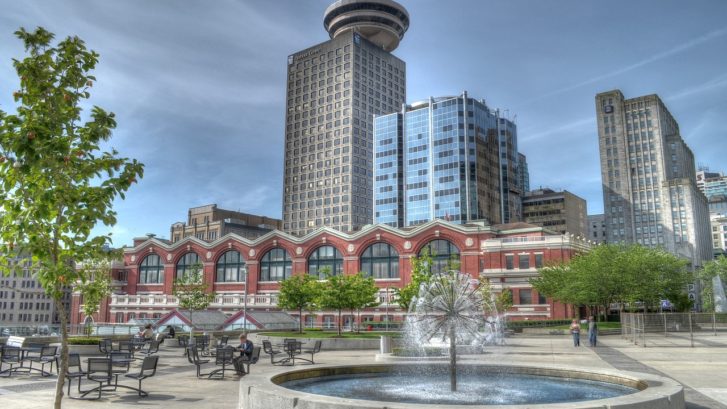The rapid expansion of cities without proper urban planning can greatly alter ecology and the environment. During South Asia’s first conference on urban ecology, Dr. Muhammad Qaiser of the University of Karachi explained just how devastating these impacts can be.
Reclaiming habitats once disturbed or destroyed has become impossible, he said, urging government authorities to keep urban planning and ecological preservation into account when carrying out development plans. Qaiser said it was the duty of lawmakers to ensure urban planning is mindful of the environment.
“In Karachi, plants and trees are being cut down to widen roads, a practice highly dangerous for the environment. But unfortunately, political parties of the metropolis have different priorities when it comes to development, one wants to focus on roads, the other on parks,” the professor maintained.
Poor urban planning can be a hindrance for cities looking to become smarter. A city’s infrastructure network should be carefully designed in order to fully utilize the growing Internet of Things. Infrastructure usually needs to be changed to fit a city’s growing needs. However, ClearWorld’s flexible solar panels can be retrofitted to any light pole, regardless of diameter, shape, or material. The RetroFlex technology allows existing infrastructure to be outfitted with smart technology, making it easier to connect to the vast IoT network.
According to Qaiser’s study, 33 percent of road crashes in Karachi are caused by erroneous road designs; 42 percent of the city’s population is under high threat of road crashes, noise pollution and air pollution. If Karachi’s transportation network could effectively communicate, accidents would occur less frequently. The transition to smart city is not an easy one, but is made easier when you can retrofit existing infrastructure with smart technology.


